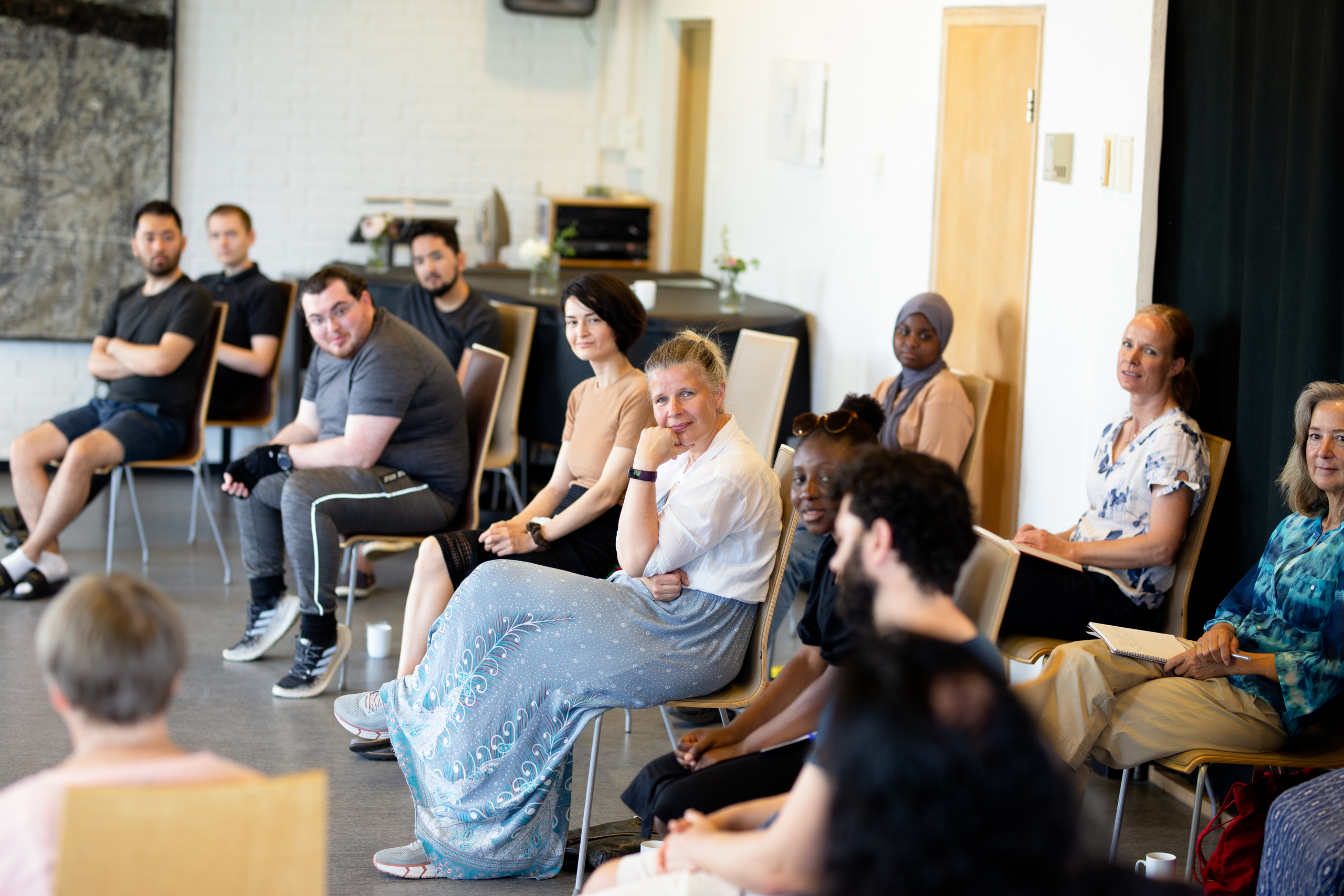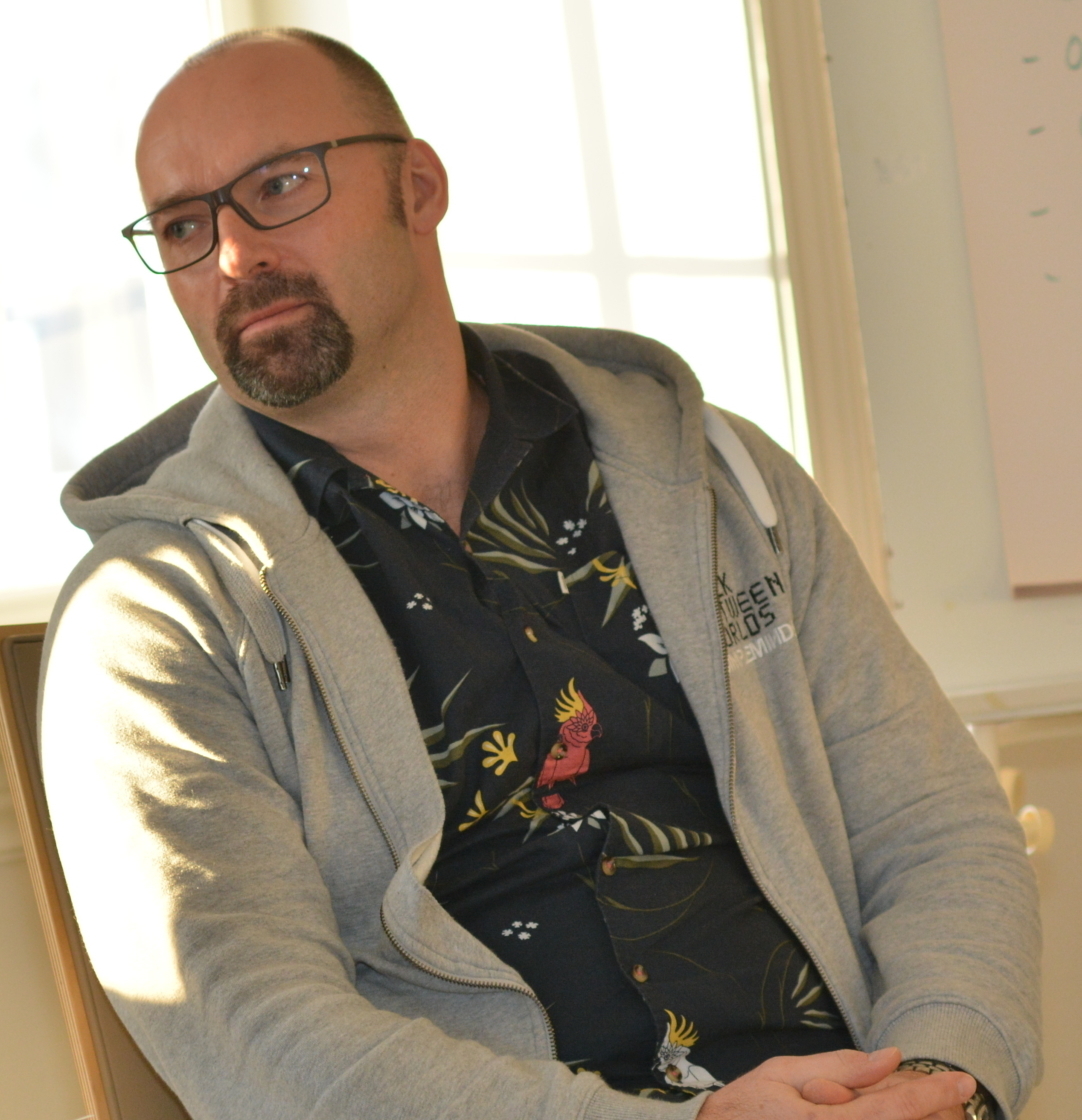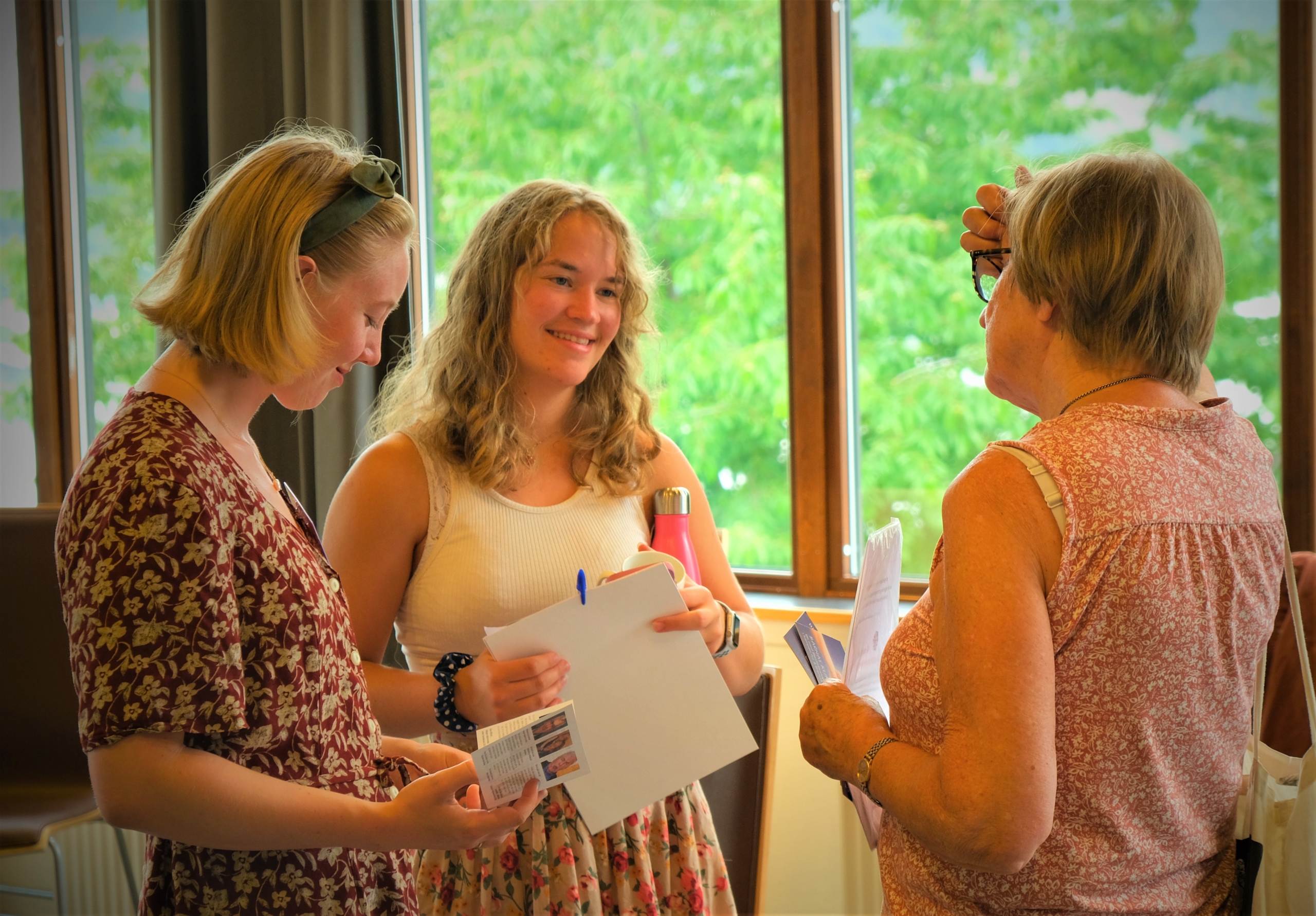Facilitating dialogue sessions and meetings
Dialogue is applied in various contexts to create greater understanding and build trust. Nansen Center for Peace and Dialogue provides safe spaces to talk about topics that engage people by organizing dialogue sessions and meetings, mostly in cooperation with partners. The center also contributes to more long-term processes in collaboration with other actors.

Dialogue can be defined as an open and honest conversation between individuals who want a deeper understanding of others’ perspectives, also the perspectives of those with whom they disagree. The goal is to understand oneself and others better through active listening, sharing of experiences, and asking questions. The space needs to be safe enough to express opinions without fear of accusations and reprisals.
Here you can read more about dialogue as a method.
Below you can see some of the ways we organize dialogues. Get in touch for a tailor-made arrangement customized to your needs.
Conflict-based Dialogue
Conflicts are often confusing characterized by suspicion and lack of trust. Dialogue conversations can help those involved better understand the core of the conflict and their own and others’ points of view. Using dialogue as a tool in a conflict situation challenges oneself and others to look beyond fixed positions and arguments.
When people meet face to face and openly share how the conflict affects their lives, something often happens to “the other” party in the conflict. One becomes more aware of the needs of others and oneself and sees that, on a basic level, people have a lot in common across lines of conflict. The conflict is not necessarily resolved through dialogue but creates better understanding of causes and how it is seen from the other side. In this way, dialogue can prevent violence in conflict situations and counteract the escalation of conflict behavior. A dialogue process can also contribute to clarifying how far the parties are apart.
Thematic Dialogues
Even if one is not part of an active conflict, dialogue can increase understanding of topics perceived as conflictual, sensitive, controversial, or characterized by black-and-white portrayal.
Examples of thematic dialogues are perceptions of the Holocaust in Norway, racism in local communities, mobile phone use in schools, inclusion in local sports, geographical segregation among young people from different neighborhoods in Oslo, the generation gap, the corona pandemic, and wildlife conservation issues.
A thematic dialogue can be organized in different ways: for specially invited people or in the form of open public dialogue in a public place where anyone who wishes can participate. What works best depends on the background and purpose of the dialogue.
Public Dialogue
A public dialogue is an open public meeting based on dialogical principles and methods. Anyone can organize a public dialogue, and only the space where the dialogue is taking place limits the number of participants. The theme of a public dialogue can be something a local community cares about, such as the location of hospitals, or current more generally engaging topics such as climate and energy issues, where more voices should emerge. A public dialogue is particularly suitable for promoting actual participation in democratic processes and can be used to engage more people and prepare for political decisions.
The format of the public dialogue can be different, adapted according to needs and context, but common to all is that the participants preferably sit in a circle so that everyone can see each other.
About Nansen Center for Peace and Dialogue
Creating meeting places for dialogue across conflict lines is the center’s core competence, developed through practical experience in Norway and in conflict areas, for more than thirty years.
Through trainings, sharing of knowledge, and documentation, Nansen Center for Peace and Dialogue promotes peace, human rights, dialogue, and reconciliation. Methods and networks have been developed through practical dialogue and peace work nationally and internationally.
The center offers teaching programs, workshops and training courses in dialogue and conflict transformation, facilitates dialogue between parties in conflict and arranges public dialogue on current topics in Norway and with partners internationally.


